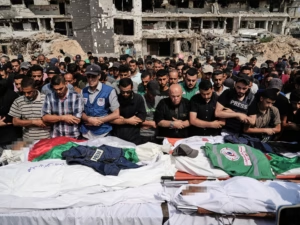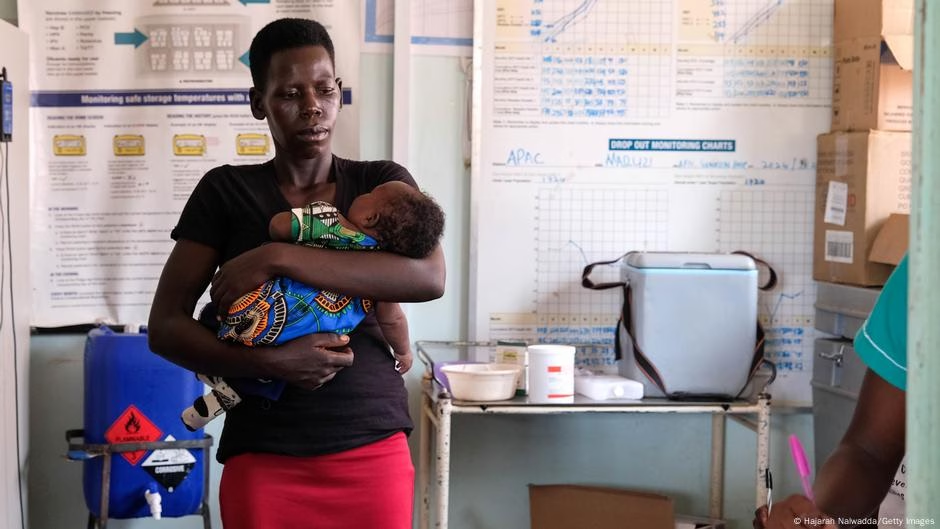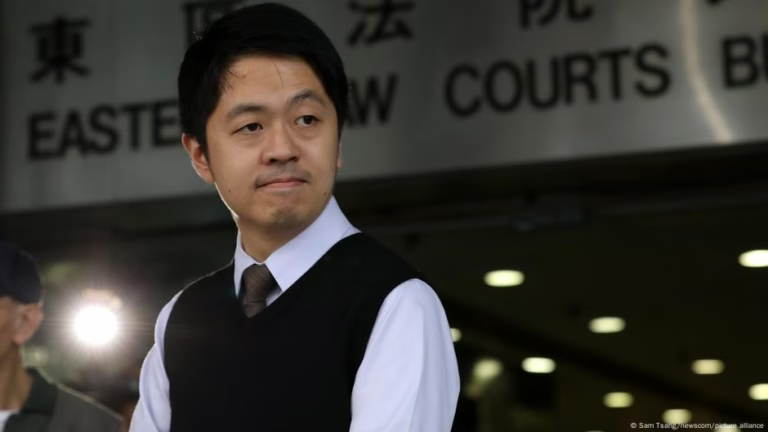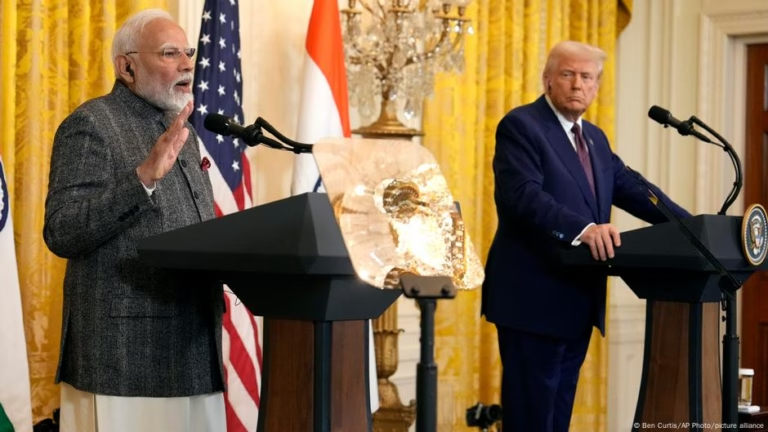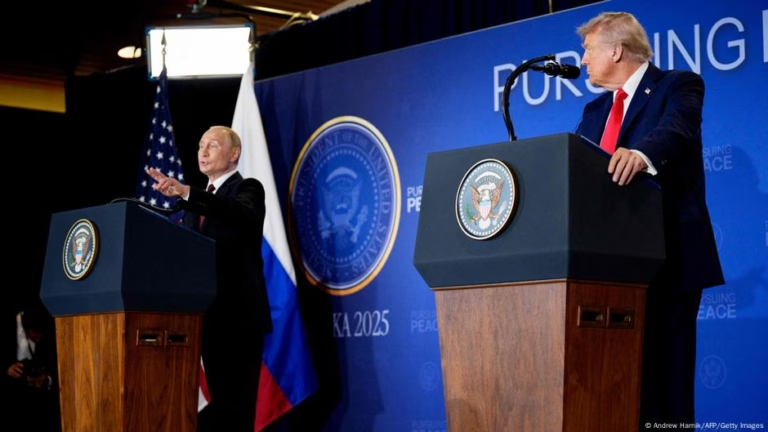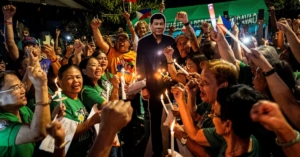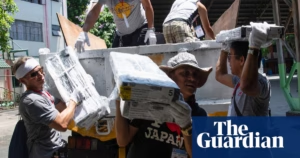Accessing medication, especially for those living with HIV, poses a significant hurdle for residents of remote villages in South Africa.Patients like Nozuko Majola, who is 19, must travel over an hour to access crucial antiretroviral medication. This travel requirement was not always necessary.
“We used to get the drugs delivered to our homes, but since Donald Trump announced he was cutting aid, the drugs have stopped coming. I’m worried that this service will be canceled altogether,” Majola expressed to DW.
Majola is among the approximately 8 million individuals infected with HIV in South Africa, where the prevalence of HIV is among the highest globally. Nozuko Ngaweni, an HIV patient who has been on antiretroviral medications for decades, now faces uncertainty about her treatment and her future.
“The US has been a significant donor to South Africa’s health sector for many years, mainly targeting HIV/AIDS. However, the latest US funding cuts towards South Africa’s HIV/AIDS programs could result in over 500,000 deaths in the next ten years,” according to Linda-Gail Bekker, head of the Desmond Tutu HIV Foundation. These cuts are part of President Trump’s wider decision to review and possibly dismantle USAID, the United States Agency for International Development, which had its funding drastically reduced.
These changes are affecting numerous African countries, with sub-Saharan Africa relying heavily on USAID funding. Due to the loss of US funding, up to 4 million more deaths from treatable diseases could occur in Africa, as per the Africa Centers for Disease Control and Prevention.
Many health organizations and NGOs are severely impacted. Amref Health Africa, for example, lost 20% of its budget; meanwhile, Doctors Without Borders (MSF) is struggling to respond effectively to various health crises, including a cholera outbreak in South Sudan.
The consequences are dire. Malnutrition in Somalia has increased due to the closure of nutrition centers, and in Sudan, a USAID-funded water supply system was shut down abruptly. Nairobi-based MSF’s Lara Dovifat fears these funding cuts could undo a decade or two of progress in disease treatment and prevention, including for HIV/AIDS, tuberculosis, and malaria.
Many countries, such as Kenya and Nigeria, are now financing the fight against these diseases without continued US support, which is certain to lead setbacks. The international community still hopes other countries will not follow the US in reducing aid, as inaction could lead to costly consequences.
Source: https://www.dw.com/en/how-hard-are-usaid-cuts-hitting-africa-s-healthcare/a-72464620?maca=en-rss-en-all-1573-rdf

